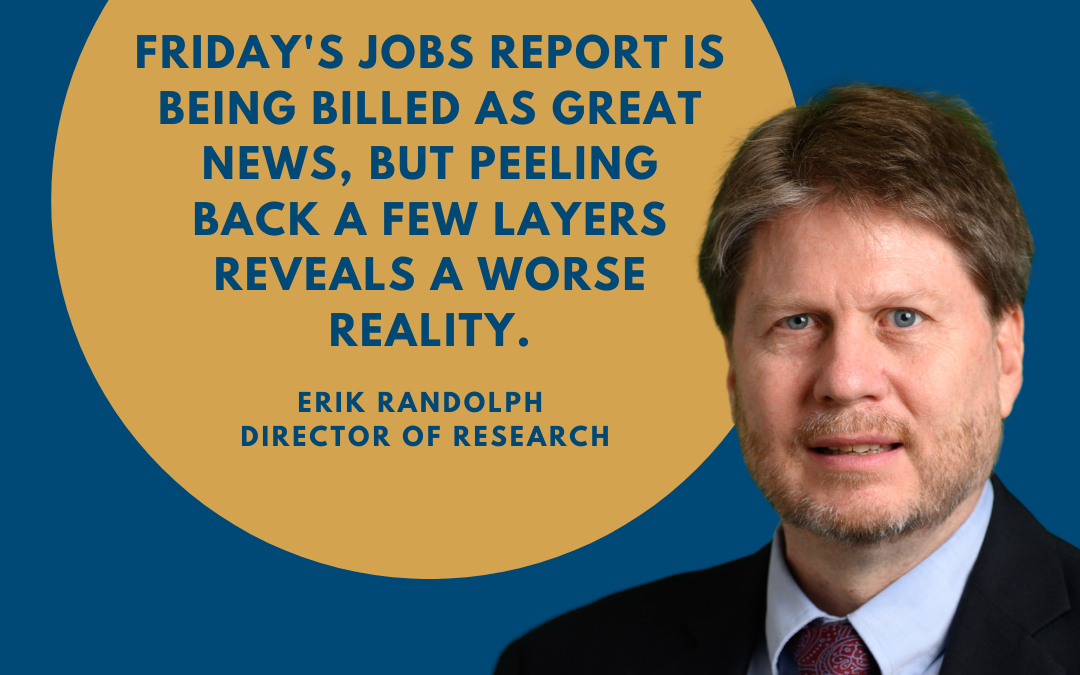
Gwinnett government departments will begin presenting 2023 budget requests on Monday

Gwinnett government departments will begin presenting 2023 budget requests on Monday
Although Brockway is a newbie on the team, he is no stranger to dealing with budget requests. As a member of the Georgia House of Representatives, Brockway served on the House Appropriations committee among other committees.
Videos of each department’s business plan presentation will be made available on TVGwinnett, which is the county’s government access channel. On-demand videos of each presentation will also be available on the county’s website, www.gwinnettcounty.com
The proposed 2023 county budget that the review team will help craft will be presented to the public in November. County officials are planning to hold a hearing on Dec. 5 and the Board of Commissioners will vote on the budget at the first board meeting in January 2023.



